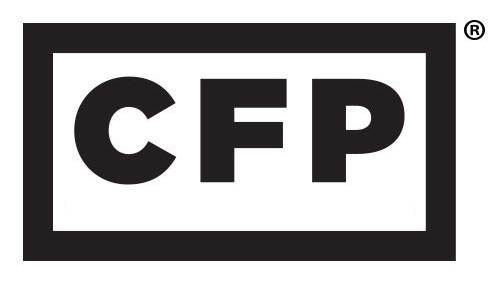
Free 15-Min Call with an Advisor (*Optional)

Free 15-Min Call with an Advisor (*Optional)




Continued Management and Coaching Services

Anne Sawasky obtained her Juris Doctor and was admitted to practice in Wisconsin, where she still maintains her law license. This training included study of estate planning, federal income taxation, business law, real estate, contracts and securities law. She began her career in the financial services industry in 1987, working for the largest fraternal insurance company in the US as a lawyer specializing in mutual funds, variable annuities, commercial real estate and financial planning/investment law. She was also the Securities Compliance Officer for the corporation. She left after 10 years to start her own law firm where she worked as legal counsel on insurance matters for a Fortune 500 bank as well as small to large businesses and corporations, as well as practiced personal estate planning, commercial real estate and business transactional law. Ms. Sawasky also worked for 12 years using her legal and business expertise advising businesses from $200,000 up to $150,000,000 on business valuation, business sales, mergers and acquisitions, deal structure and creative problem solving to help business owners obtain top value for their businesses and ensure a smooth transaction.
Ms. Sawasky joined Paul Winkler Inc. in 2016 in order to use her expertise to advise business owners wishing to better understand the value of their business, how it fits into their retirement plans and understand ways to ensure they obtain maximum value for their business and other assets to provide security and peace of mind in retirement and provide personal financial planning for clients. Ms. Sawasky spearheaded a program to educate and empower independent women to be financially successful through workshops, personal financial education and planning, and radio/podcasts directed to the unique needs of women.
Her passion is to help her clients plan well ahead of retirement so they can relax about money, understand investing, organize their financial life, and be free to pursue purpose. She also acts as Chief Compliance Officer for Paul Winkler Inc.
Ms. Sawasky graduated from University of Wisconsin-Milwaukee with a degree in International Economics, obtained her law degree from Marquette University, and was awarded the Chartered Financial Consultant (ChFC®) designation by The American College. A Wisconsin native, Anne obtained her B.A. in International Economics from University of Wisconsin-Milwaukee and her Juris Doctor from Marquette University Law School. She is married and she and husband Dave are the proud parents of a daughter and two sons.

The law requires a fiduciary advisor to act in the best interest of their clients.
This is not actually required of everyone who calls themselves a financial advisor. Most big financial firms are broker-dealers, and they are held to a “suitability” standard. This means the recommendations need only be “suitable,” but not necessarily in the best interest of the client.
Fee-only RIAs (Registered Investment Advisors)—like us at Paul Winkler, Inc.—are held to the highest fiduciary duty.
Working with an advisor held to the fiduciary standard is essential. It’s one of the keys to relaxing about money.
The more you make, the more we make. Under commissions, the return of the product doesn’t matter after the advisor makes the sale.

Advisors on commission get paid only if a product is sold. With fee-only, we don’t get paid differently based on different recommendations.
With ongoing investment management and a financial plan, you must continually review and update the plan as life situations change.


Believe it or not, financial planning degrees are not a requirement for financial advisors in the U.S.
You wouldn’t go to a doctor without an M.D. or a lawyer without a J.D., but many don’t realize they’re going to a financial advisor without a financial planning degree.
The CFP® and the ChFC® both have core curriculums that cover every major aspect of personal finance.
This knowledge allows an advisor to put a comprehensive plan together.
A financial plan should address every area of your finances because each area affects the others. Your estate plan affects the tax strategies you use, and your risk management affects the investment strategies, etc.
Financial planning areas should not be addressed in isolation.
So, you must work with someone who has knowledge and experience in each topic.
This knowledge also allows the advisor to be the quarterback of the financial team. With knowledge in every area of financial planning, they are able to put a comprehensive plan together and coordinate with other financial professionals.
A qualified advisor can work with CPAs, insurance agents, and attorneys to utilize their areas of specialization while also ensuring their recommendations meet the needs of the client.
Much financial planning today is narrowly focused on one area of the financial plan.
Insurance agents, for example, sometimes offer “financial planning” that involves buying one-size-fits-all life insurance products to meet all your financial needs. But that’s not the way financial planning should be.
Financial planning should be comprehensive, and should almost always include more than one recommendation and strategy.
A financial planning degree is essential for comprehensive planning, which is why we require all our advisors who meet with clients to have them.